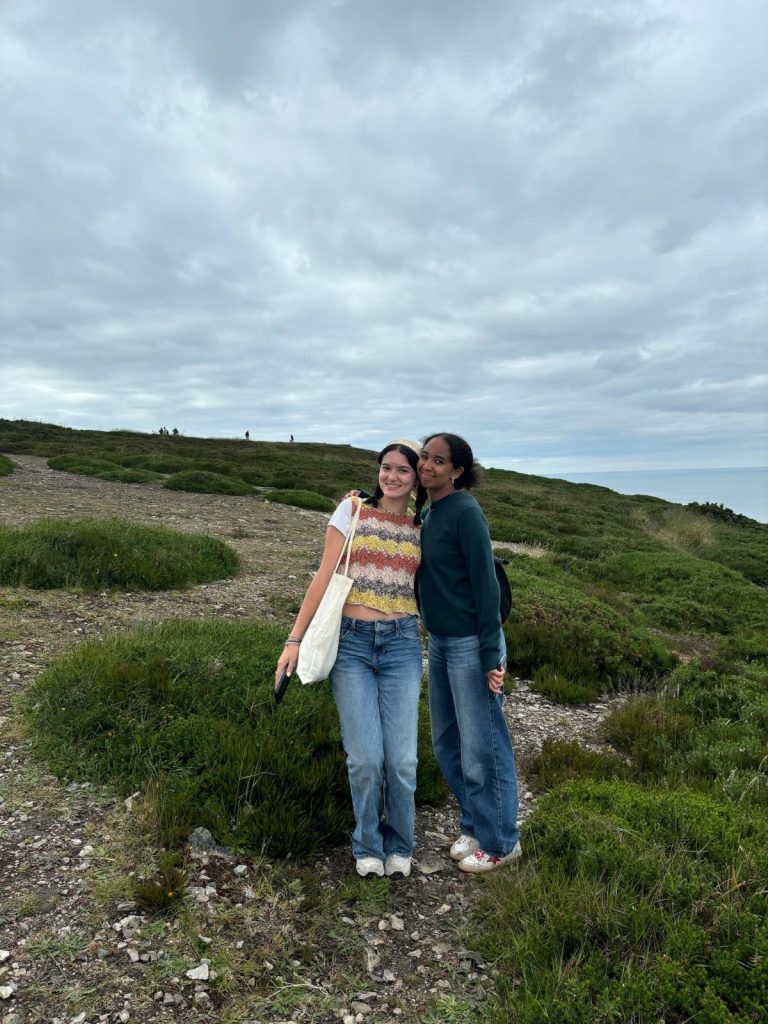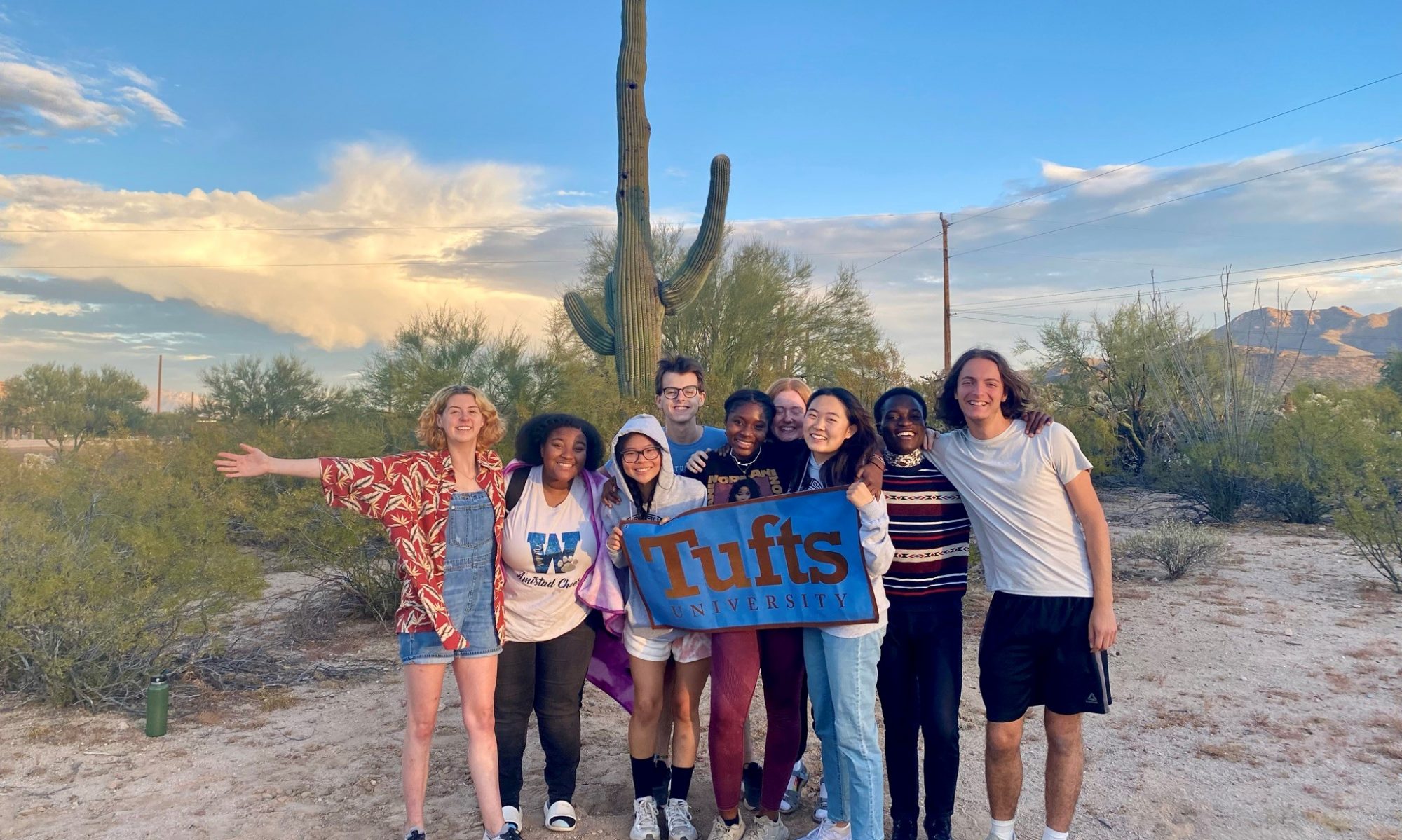
Today was our last full day in Dublin! Time really flew by on this trip. Though I am sad to be leaving tomorrow, I am endlessly grateful to have been on this trip, as I have made such strong connections with the women around me that I will cherish for the rest of my time at Tufts, and additionally I have learned so much about Ireland which has significantly strengthened my understanding of the world around me. Our group covered a variety of topics; religion, abortion, refugee integration, immigration, peace-building, and economic construction, which has been truly fascinating to learn about through an Irish lens. My topic was specifically about the socio-political experiences of Muslim women in Ireland. Every single interview, regardless of the topic, taught me an immense amount, contributing to my knowledge of various facets of international relations in Ireland.
In Ireland, June 3rd is a national bank holiday, so although it was a Monday, we were only able to schedule one interview for the day, as most people do not work on bank holiday. At 12pm, Mika and I interviewed Dr. Lilian Nwanze from Maynooth University over Zoom. Olivia, whose research focuses on the eighth amendment and access to abortion, previously organized a meeting with Dr. Camilla Fitzsimmons at Maynooth on May 28th, who works closely with Dr. Nwanze, specifically on research regarding migrants and Muslim women, which was especially pertinent to mine and Mika’s research. Dr. Nwanze’s doctoral research was centered around the experiences of Black migrant women in Ireland, and is currently working on anti-racist pedagogy for use in Irish Adult Education. Although we met over Zoom due to the holiday, the meeting was an amazing experience, and Dr. Nwanze’s research will serve as essential to my long-form narrative on the experiences of Muslim women. Although Muslim women are not Dr. Nwanze’s speciality in research, she and Dr. Fitzsimmons collaborated together with Amal Women’s Association, an NGO we previously met with, on research which explored the experiences of Muslim Women in Irish maternity settings. What stuck with me the most from this conversation was that although black and Muslim women experience discrimination differently, what interconnects both forms of racism is the way both groups are highly visible, but simultaneously invisible. Dr. Nwanze explained that both Black and Muslim Hijabi women are clearly visible as “different” than the majority of the Irish population, placing them at a higher level of vulnerability than other groups. This visibility often causes Muslim women to be deemed as “foreign” or inherently “different” to white Irish women, causing many prejudiced Irish individuals to discriminate against them. This meeting was a great final interview to conclude our research trip, and Dr. Nwanze was incredibly knowledgeable on the role of race in education, religion in Ireland, and discrimination studies as a whole, and I am extremely grateful to have had the opportunity to meet her.
After this interview, we headed to Malahide Castle, a beautiful historical site located slightly outside of Dublin. We went on a guided tour which was very interesting, as our tour guide was highly knowledgeable on the stories behind each room of the castle, and it was great to experience history firsthand. The grounds were breathtaking, and Malahide Castle was one of the highlights of the trip for many of us! Fun fact; Malahide Castle is known to have at least five ghosts in residence, making it one of the most haunted castles in Ireland… After Malahide, we took a quick trip to the Howth cliffs, which was the highlight of my day. The views were truly stunning, and it was nice to be in nature after being in the city for around 8 days. I am really glad we got to explore parts of Dublin that we had not been to yet on our last day, which was an amazing way to wrap up this trip!
